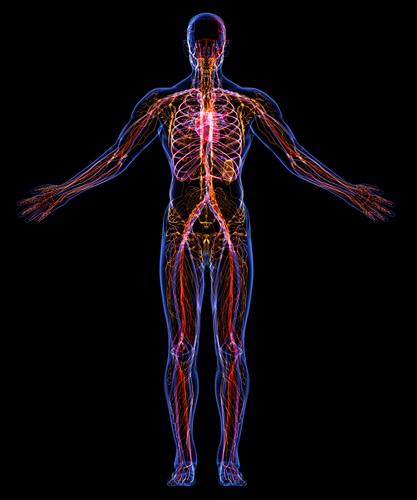
What is Lymphedema?
A lymph node is a small, soft, round-shaped organ of the immune system. They are connected in a chain and are spread throughout the body. These nodes continuously drain to prevent the build-up of infectious fluid. When lymph nodes are not functioning properly, it disrupts the flow of fluid, leading to swelling in the arms, legs, and joints. This condition is known as Lymphedema.
Lymphedema is a chronic condition that cannot be cured, but with appropriate treatment and ongoing care, it can be managed.
What Causes Lymphedema?
- Present at birth
- Cancer
- Trauma
- Infection from surgery
- Lymph node removal
- Radiation treatment
Why get treatment?
- Utilize remaining lymph vessels and open lymphatic pathways
- De-congest swollen body parts
- Avoid re-accumulation of lymph fluid
- Promote normal size of extremities
Complete Decongestive Therapy
We use Complete Decongestive Therapy (CDT) to treat lymphedema. It is a non-invasive, highly effective treatment and has no side effects. CDT is provided by a certified lymphedema therapist three to five times a week for four to eight weeks. Treatments can last one to two hours each. Follow-up visits will occur periodically to see how you are feeling.
Complete Decongestive Therapy consists of:
- Manual Lymph Drainage (MLD)
- A hands-on technique that increases the movement of excess lymph fluid to be removed from the body.
- Compression bandaging
- Short stretch bandages are applied to increase tissue pressure in the swollen extremity which will prevent re-accumulation of lymph fluid.
- Exercise program
- Special exercises are performed with bandages in place to increase lymph vessel activity and improve lymph circulation.
- Nutrition consultation
- A registered dietician will help determine the appropriate dietary plan for you.
- Skincare
- You will receive training on proper skin care.
- Home care
- You will receive instruction that will prepare you for self-care once your treatment regimen is over. Your self-care plan is key to your continued success.